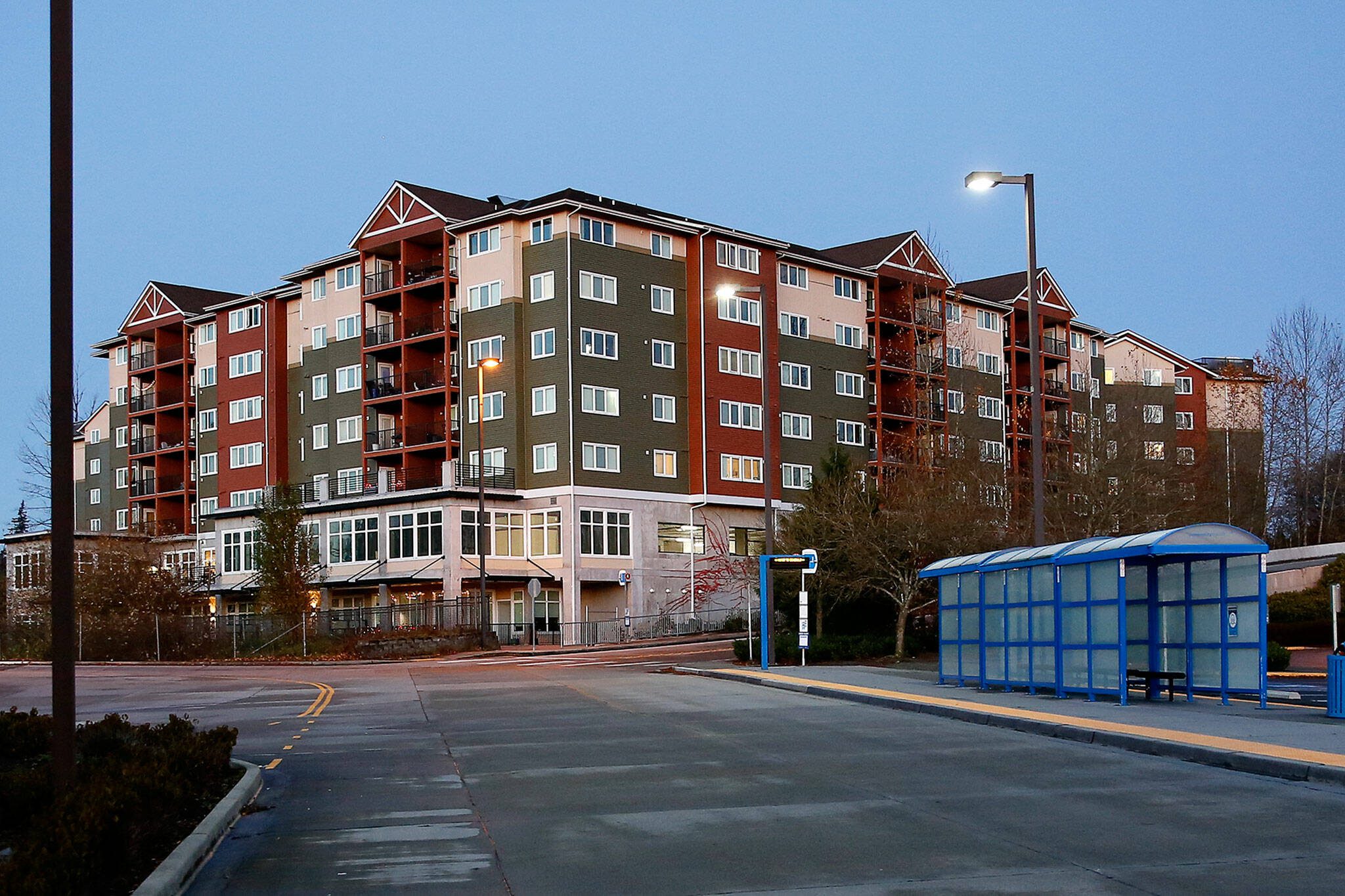LYNNWOOD — State auditors found Lynnwood failed to collect late utility fees for eight months after the state’s pandemic-era moratorium on late payments ended in 2022.
Auditors said not collecting past due amounts could be a potential violation of the city’s own code and could be considered “unallowable gifting of public funds” as outlined in the state constitution.
During the pandemic, Gov. Jay Inslee halted the collection of late utility fees and barred municipalities from shutting off residents’ utilities if they didn’t pay their bills. The pause ended in January 2022.
Lynnwood didn’t begin collecting late fees until February 2023. Still, the city only collected $461,435 of the $819,286 due in Feb. 2023, and waived about $375,000 in fees for other customers, the auditor’s office said in a letter last month. Such fees cannot be waived without a resolution from the City Council, per city code.
Lynnwood extended its late utility fee pause through February 2023 due to a citywide meter change-out project, city spokesperson Nathan MacDonald said.
“The City of Lynnwood delayed the implementation of late fees long past the expiration date of the Governor’s moratorium to allow customers ample time to get their balances paid down, enter into payment agreements, and/or access assistance programs,” MacDonald said in a written statement.
Recommendations from the 2022 audit were shared in a letter dated Feb. 5. The 2022 audit was finalized last month, per the regular audit cycle, said Adam Wilson, a spokesperson for the state auditor’s office. The state recommended the city work with legal counsel to account for the money not collected by the city, among other recommendations to improve internal processes.
Changes recommended by state auditors have already been implemented, MacDonald said.
The state’s 2022 audit also found 46 city-owned properties were more than 120 days late on utility payments.
“We determined that the City lacks adequate controls over utility payments to ensure accounts remain current for City-owned properties,” the letter read.
MacDonald said most of these were properties that “should have been closed out in prior years.”
“Those accounts were closed out in the system and improvements were made in the processing of internal payments to ensure timely processing,” he said.
Lynnwood collects about $26 million in utility fees annually from its 43,000 residents. Late utility fees are equal to 10% of the total bill.
The city offers payment plans for residents and utility assistance for qualifying low-income households.
The state will review the changes from Lynnwood during its next scheduled audit, Wilson said. The next audit is set to take place within three years.
Ashley Nash: 425-339-3037; ashley.nash@heraldnet.com; Twitter: @ash_nash00.
Talk to us
> Give us your news tips.
> Send us a letter to the editor.
> More Herald contact information.

























